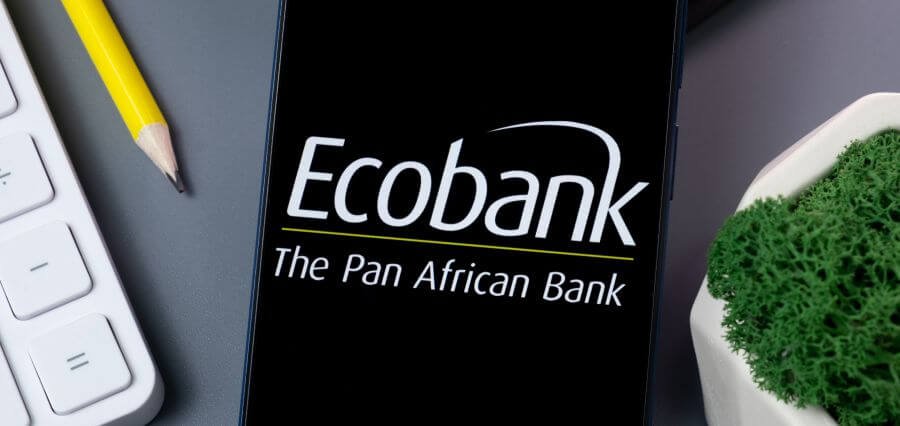The development finance institution for the UK government today announced that it has entered into a $25 million risk-sharing facility with Ecobank Sierra Leone. This deal-the facility is to step up financing of small and medium-sized enterprises-is expected to help drive economic growth in the West African country.
SMEs account for about 70% of all employment in Sierra Leone, suggesting their increased importance for the country’s economic growth. However, they often do not have the capital for growth, mainly because banks view them as risky customers. According to Sebastian Ashong-Katai, Ecobank Sierra Leone Managing Director, conventional banking practices often contribute to the problem by requiring much collateral that most SMEs cannot provide. More complications also arise with regard to technical requirements. Bookkeeping standards are demanded by banks while many SMEs are not in a position to meet such demands.
The Covid-19 pandemic has further amplified the economic shake-up imposed on SMEs. In recent times, Ashong-Katai would view that such factors like devaluing currencies do not only pervade the grounds but also affect many businesses at large, besides the existing inflation and rising interest rates that cause a great burden to SMEs due to the little capacity it holds in regard to tolerating financial shocks.
The risk-sharing facility of the BII is aimed at alleviating these challenges through the provision of a guarantee that Ecobank can share risks on loans targeted at high-impact sectors. This will enable Ecobank to increase its credit limits as well as extend tenors to up to five years, thus making much more capital available to SMEs.
The collaboration between these two firms is pretty crucial because inherent risks associated with lending to SMEs are mitigated. Not only does BII channel funds towards desirable sectors, but it also presents Ecobank with more confidence when lending.
Ashong-Katai showed optimism in the prospects the facility has to ensure positive outcomes for SMEs. The entity would thus increase loan sizes and repayment periods, an implication that businesses will be in a better position to grow by not being weighed down by tight repayment periods. Successful cases are like Miro Forestry partnership, whose impact could be seen in job creation and economic resilience in Sierra Leone.
Looking ahead, Ashong-Katai would look to capitalize on this facility, if successful in Sierra Leone, perhaps up the ante on this initial $25 million allocation and likely into other frontier African markets.




